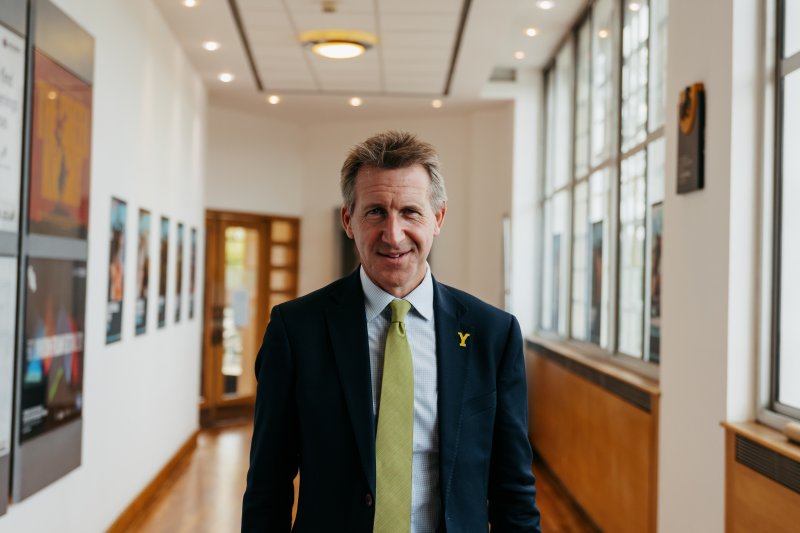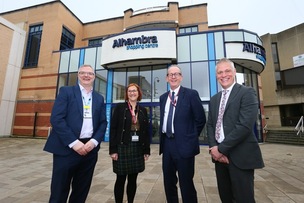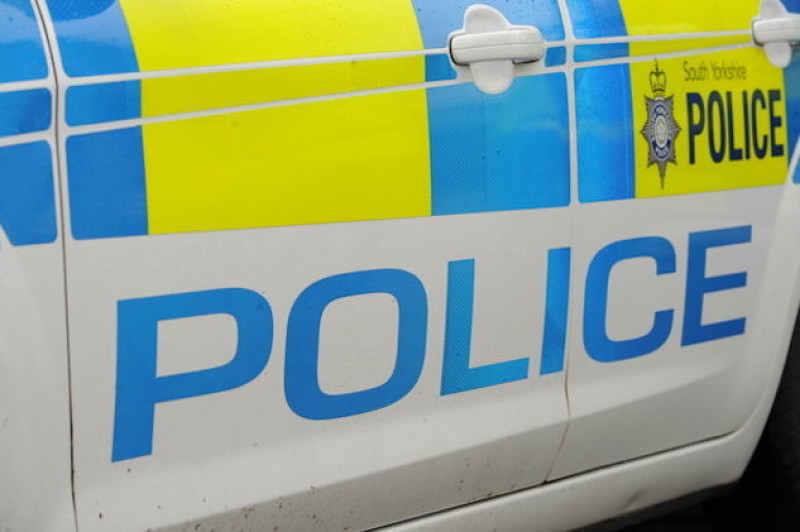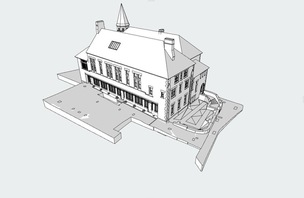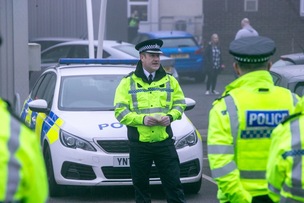SOUTH Yorkshire’s chief constable has warned a new communications system will not be enough to end the delays callers experience in getting an answer when they dial 101.
Even when the force has done all it can to improve the contact service, he expects that it will remain “to many people, sub-optimal”.
The force currently takes around 13,000 non-emergency calls on the 101 lines every day, with another 660 on average going through the 999 system, with demand on both growing in recent years.
A new computerised system, called Smart Connect, went live in November following months of delays caused by technical problems and is expected to improve the speed of call handling.
But Chf Con Stephen Watson said that alone would not solve the problem of long delays.
Increasing demand from the 999 system has left managers at the Atlas Court call centre moving resources across to deal with those, which in turn has left reduced capacity for handling the non-urgent callers.
Pland to put more staff into the unit are not possible because that would mean removing officers from frontline duties.
He told a meeting of South Yorkshire Police and Crime Panel that call handling demand had increased “exponentially” since 2010.
He said: “101 has been static over the last 12 months but 999 is up 12 per cent. You have to prioritise those and that is exactly what we do. Our performance around 999 has been sustained despite the increased demand. 101 is better than it was, but it is still not acceptable.”
The performance of staff at Atlas Court was good, he said, with high standards of quality in the work they did.
“The staff are working really, really, well. There is just not enough of them and there are two options you can increase staff or seek to increase productivity,” he said.
“Smart Contact is not a panacea which is going to make this problem go away. It gives us a much better and more robust infrastructure.”
The new system needed to be used in conjunction with reducing demand, he added. At present a third of 101 calls are from crime victims trying to contact officers to chase up progress on their case and in future investigators will be expected to provide direct numbers, slashing demand on 101.
New phases of technology, including a call-back service and online conversations allowing a handler to deal with several at once are also due to be introduced.
The impact of neighbourhood policing is also expected to have an impact by reducing numbers who need to call.
Public education work is expected as well, with Mr Watson stating: “Some people use these lines irresponsibly. We get people ringing because the TV they have ordered has not arrived or asking how long to leave the chicken in the microwave.
“All these things taken together will make a big difference. This is our corporate response to a service which is not good enough.”
Putting in extra staff would not work, he said, because while calls might be answered more quickly there would be no police to send out to incidents.
“I could put another £10m of people into Atlas Court,” he said. “But £1m buys 20 police officers. Do we really want to invest millions in answering calls?”
The Police and Crime Panel meets to hold Police and Crime Commissioner Dr Alan Billings to account. He told the meeting the force’s performance in answering calls would be closely monitored.





